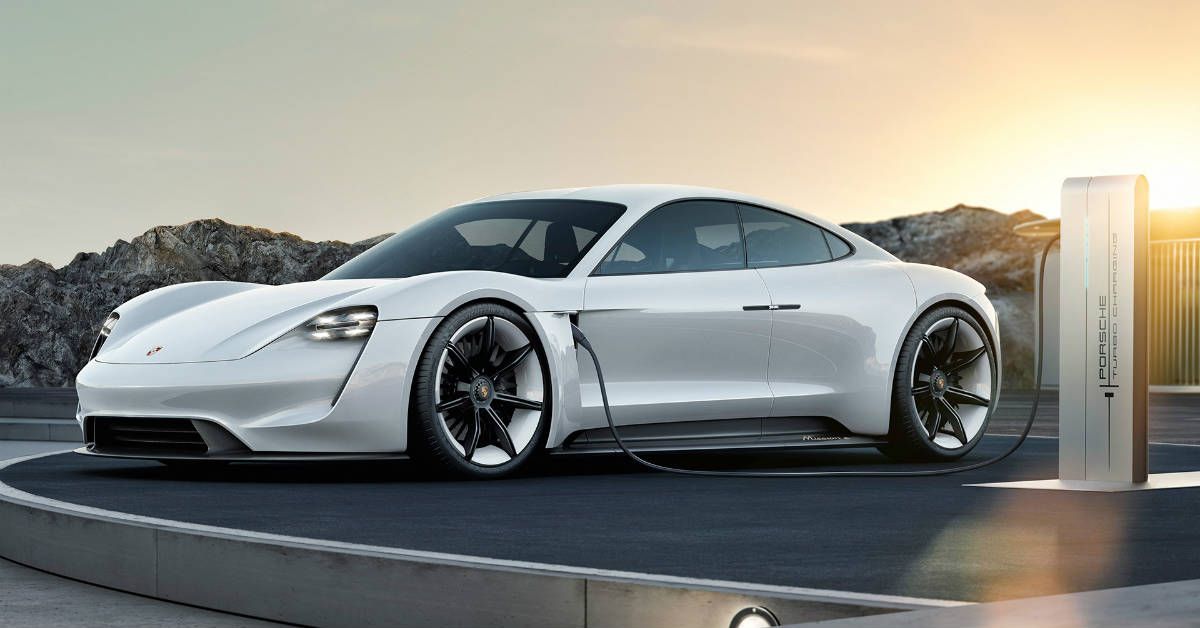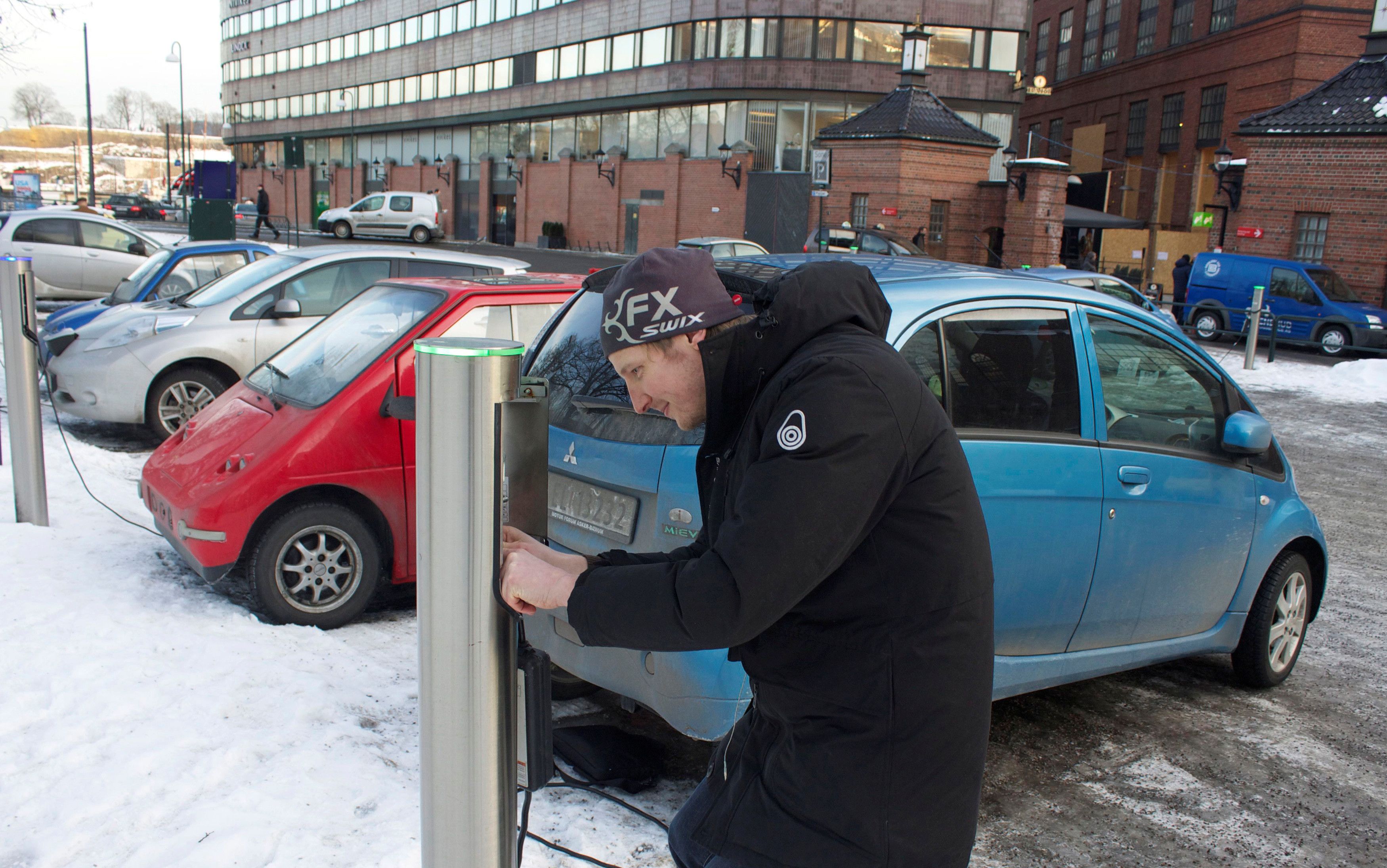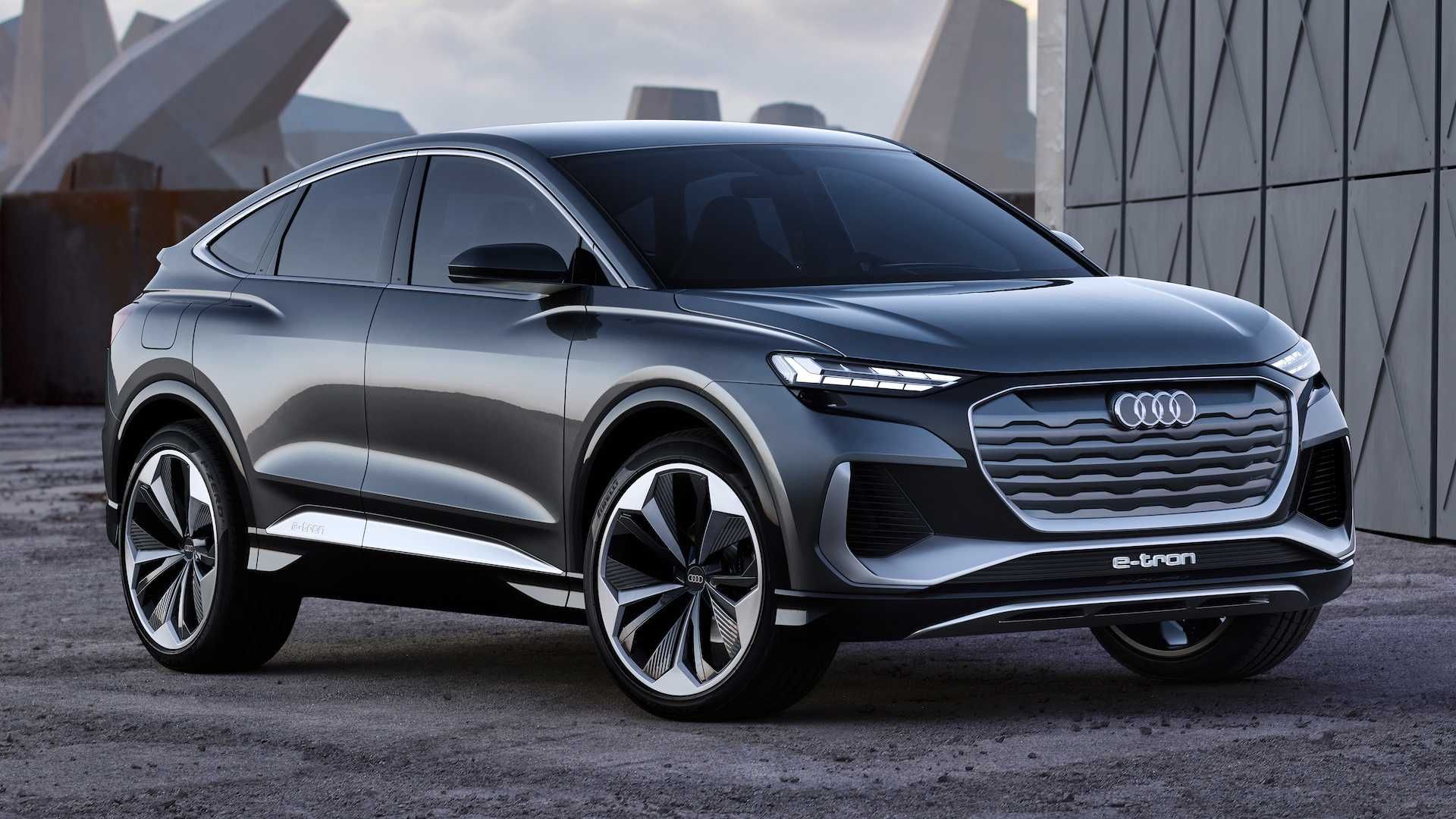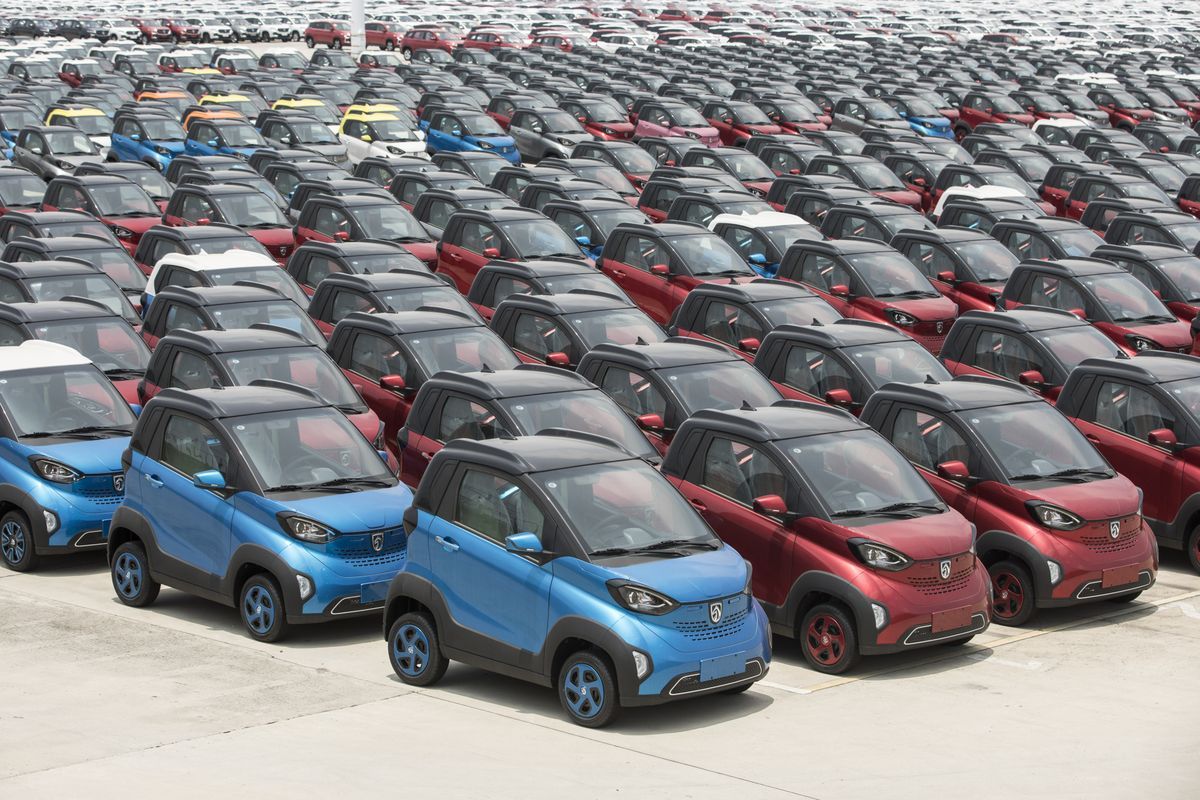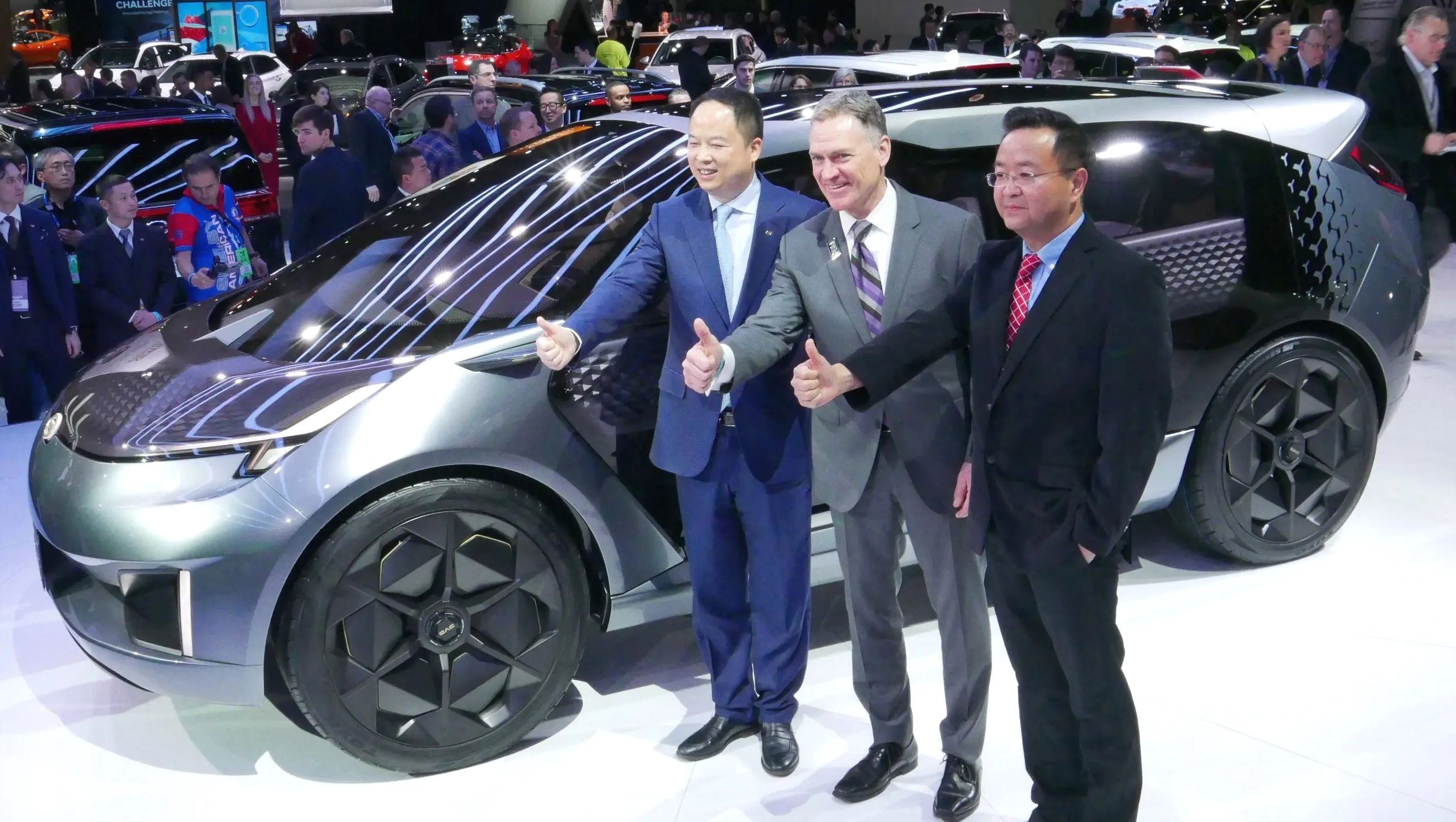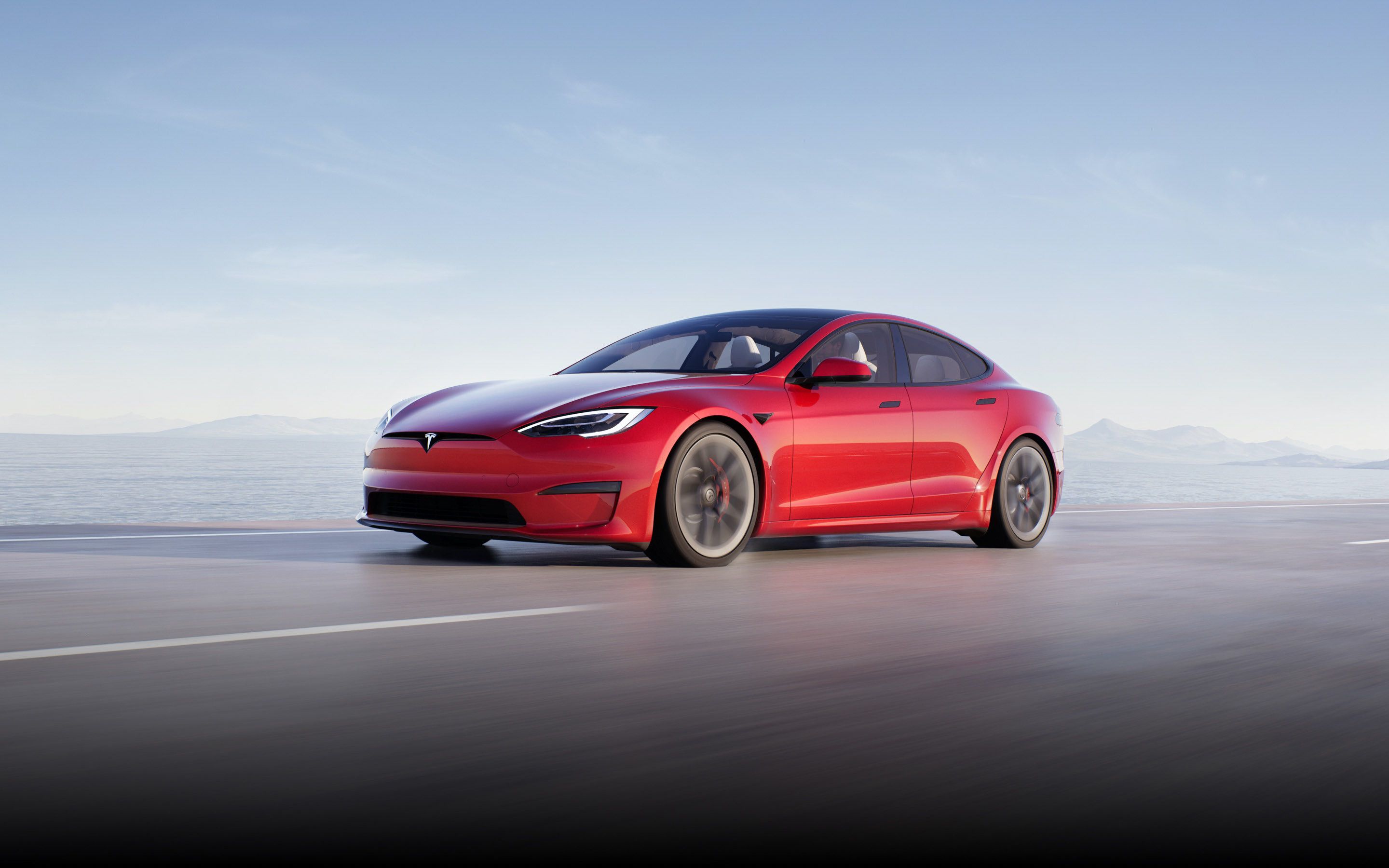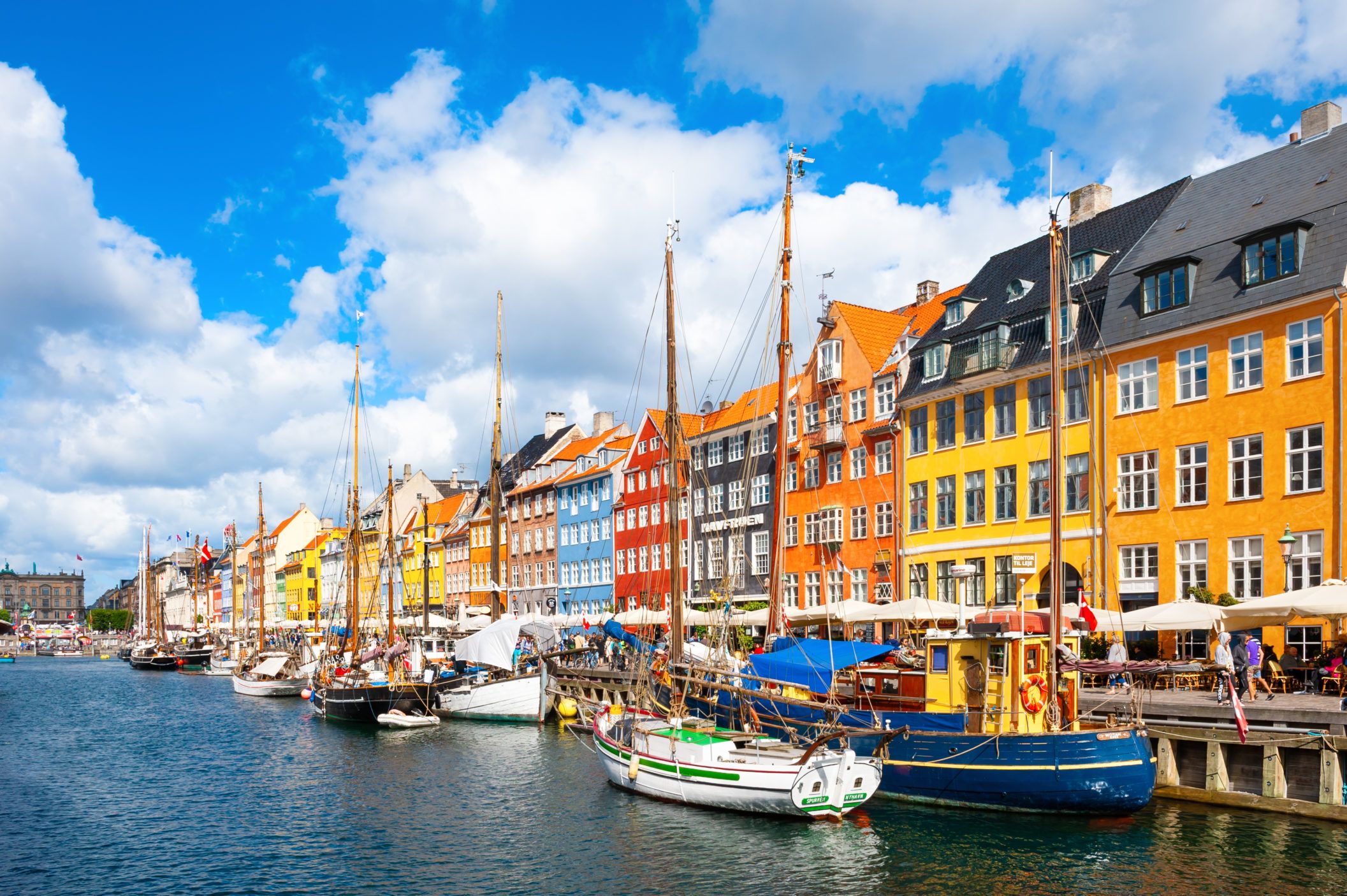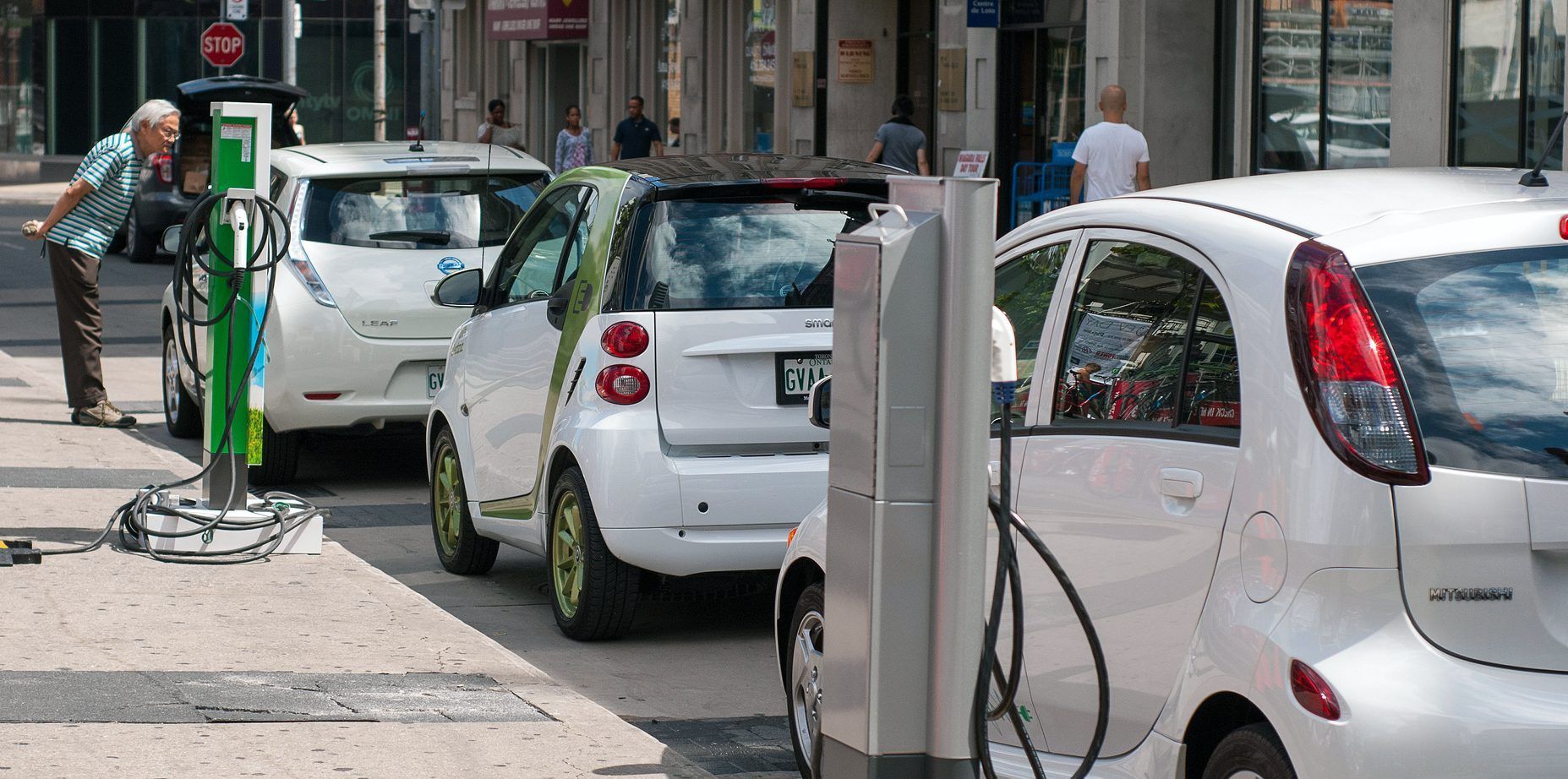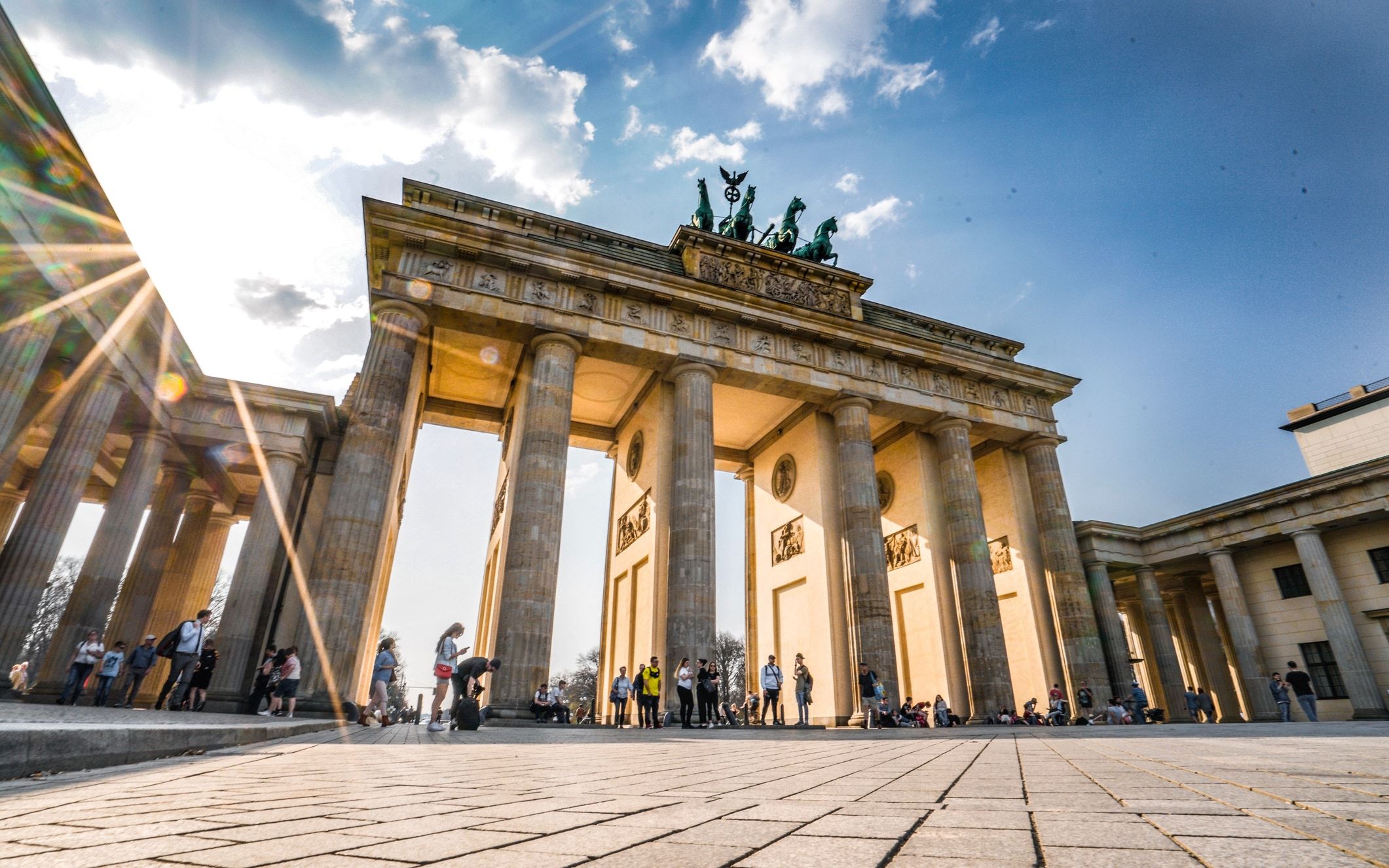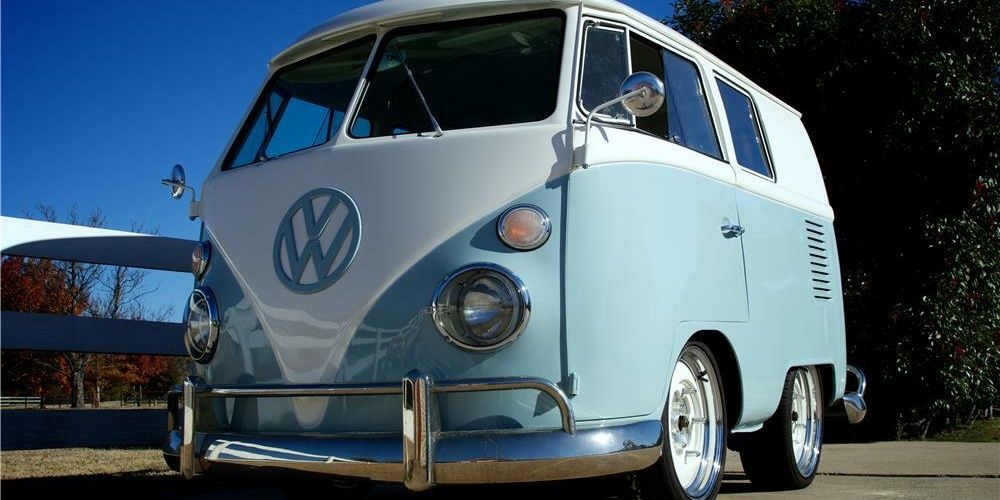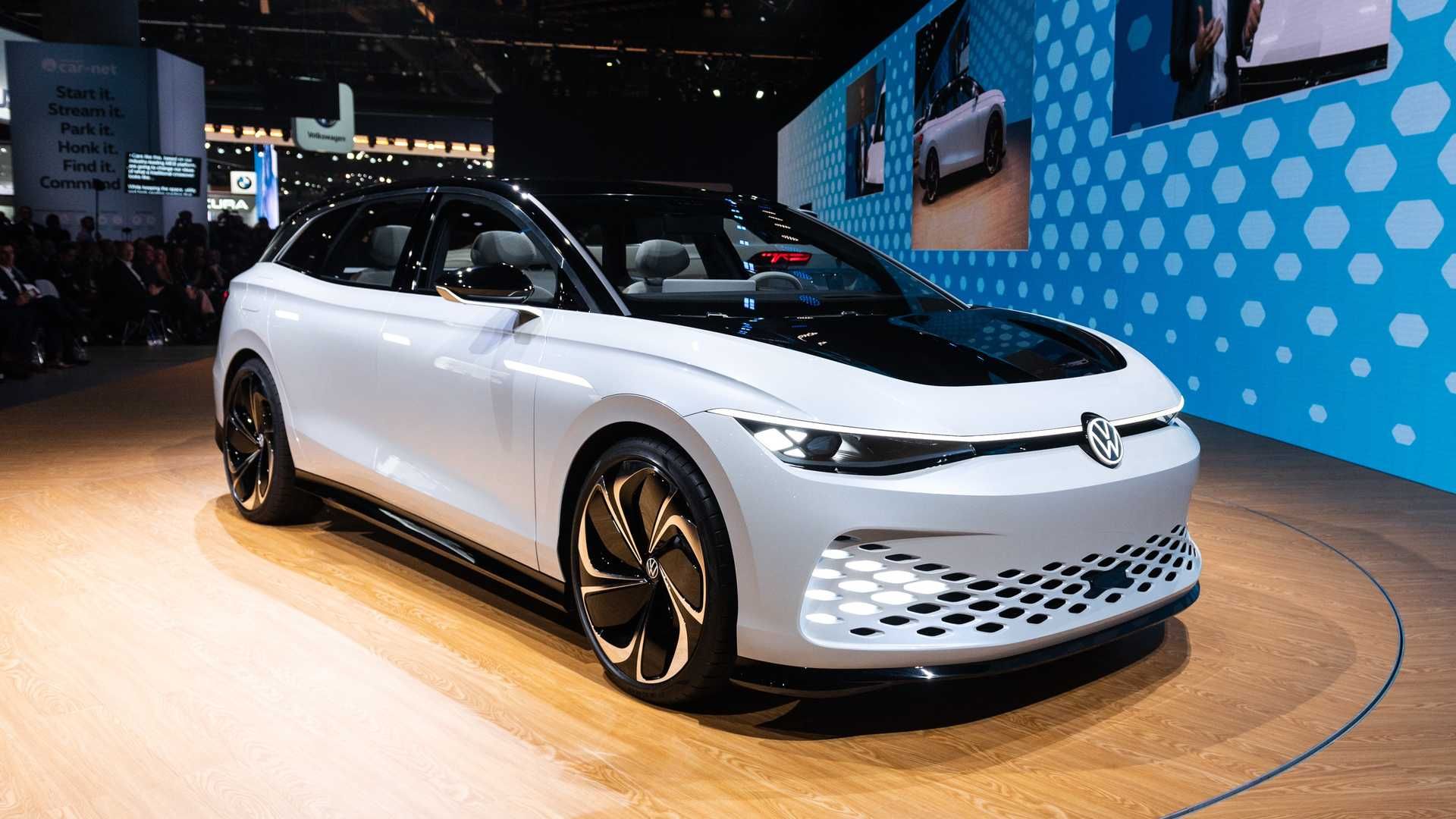Growing up, everyone loves the growl, the roar, and the satisfying grunt of the internal combustion engine. Few things feel as satisfying as downshifting, flooring the pedal, and feeling the turbocharger kick in as the engine screams and the exhaust pops and bangs, propelling you forward and what feels like warp speed. But these days will soon be coming to an end. The combustion engine in passenger cars has had a good run but its days are numbered and are fast running out.
Countries the world over are rushing to bring in legislation to ban these gas-guzzling vehicles. Every few weeks it seems the list grows bigger and someone else makes a new pledge to phase out these cars. Some countries such as the UK have even brought forward their timetable significantly after what had seemed already an ambitious target just a few years ago. Here are some countries moving the fastest to ban combustion engine fossil-fueled cars.
8 Norway - Ban On New ICE Car Sales 2025
With countries all around the world racing to convert over to electric cars, Norway is leading the pack. In December 2020, an astounding 87% of all new car registrations were chargeable cars, with 66.7% being fully electric. By 2025, Norway is looking to completely ban the sale of all new gasoline and diesel cars.
Norway is not alone here, it's just about five years more advanced with its scheduling than anyone else. Much of the rest of Europe - as well as ever more countries around the world - are following in the footsteps of this wealthy Scandinavian country.
7 United Kingdom - Ban On New Fully Fossil Fueled Cars 2030, Hybrids 2035
The birthplace of the Industrial Revolution and the infamous smog of London, the UK is now going green at an astonishing pace. They have recently brought forward their ban on the sale of new fully fossil-fueled vehicles from 2040 to 2030 and to 2035 for hybrids.
Once powered by coal and oil, the UK's electricity grid is now dominated by clean energy sources, with the last of the coal-powered plants due to shut down in a couple of years. Soon, the UK will be all about electric cars running on clean energy. The UK has set a target of net-zero emissions for 2050, and it seems to on track to achieve it.
6 China - Currently Researching Banning Timetable
China isn't a country one would normally think of when thinking about clean energy and electric cars. But this titan of a country is in fact a dizzying array of contractions. China is both the world's largest polluter (by far) and the world's largest EV market (by far).
China shocked the world by pledging to peak its CO2 emissions in 2030 and then hurl itself down to carbon neutrality by 2060. The strongly centralized system in China enables it to set policies and then aggressively pursue them. If China wants its people to buy electric cars, then it has all the levers to make that happen! In Beijing, it is now very difficult to register a new gas or diesel car.
5 California - Ban On New Fully Fossil Fueled Cars 2035
While California isn't a country, it has been setting the standard for the green movement in America, often in defiance of the Federal Government. As the largest state in America and home to Silicon Valley and Tesla, whatever this state does make waves, and is actively copied by other states within the US unhappy with the direction of Washington.
California is already home to almost half of all the EVs on the road and new sales within America. It is set to aggressively ramp that up. It is quickly building charging infrastructure for the EVs and the solar, wind, and power storage infrastructure to support them.
4 Denmark - Ban On New Fully Fossil Fueled Cars 2030, Hybrids 2035
This beautiful little Nordic country has the same timeline as the UK. Banning the sales of all gasoline or diesel cars by 2030 and the sales of hybrids by 2035. Astonishingly, Denmark produced almost 50% of its power from wind alone and is only set to build even more wind farms with an ambitious target of 87% of power consumption by 2035 - and that will be powering all these new EVs that will on the road by then too!
Denmark is one of the countries that is leading the adoption of EVs in Europe. Not only that, it is also the first country that actually produces oil and gas to announce a ban on future oil and gas exploration.
3 Germany - Ban On New Fully Fossil Fueled Cars 2030
Germany is one of the automobile industry's great heavyweights, and it too is moving to ban all new fossil-fueled cars from 2030 (and some cities in Germany are moving even quicker). These sweeping new changes to the regulatory environment have Germany's car manufacturers in a mad panic to re-tool their factories.
This whole changeover in the industry isn't coming cheap, Volkswagen is spending more than $80 billion over the next few years to transform themselves into EV manufacturers.
2 Iceland - Ban On New Fully Fossil Fueled Cars 2030
And another Nordic country makes the list (one will hope that the Icelandic's have found a way to keep their batteries from freezing in the winter)! This island wonderland is already incredibly green with fully renewable energy owing to its abundant geothermal resources and its tiny population.
Iceland is a very unusual country, but it does have ample power generation, not only to power this incoming fleet of EVs, but also it is one of the homes of notoriously power hungry Bitcoin.
1 Volkswagen - No New Combustion Cars After 2026
And finally, one must give a shout-out to Volkswagen. Yes, it's a company, not a country, but being the largest or second-largest car (depending on the methodology used) manufacturer in the world it deserves its own honorable mention.
Volkswagen shocked the world a few years ago with its emissions cheating scandal but since then it has vowed to lead the way in the green new world of EVs. Now it is investing over $80 billion over the next 5 years to convert to EV production. Still, given the lag in design, production, and sale you may be able to buy a new Volkswagen for a few years after 2030 but ultimately once the stocks are gone, they're gone!
The world is changing, and fast. One day we will all be showing our grandchildren the combustion engine collectibles that we used to drive.

